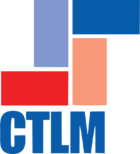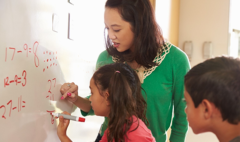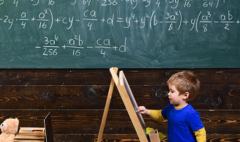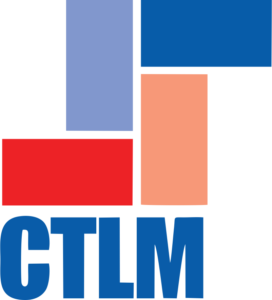Framingham State University: Mathematics Education Workshops with Mahesh Sharma – 2018-2019
March 11, 2021 2021-04-01 13:58Framingham State University: Mathematics Education Workshops with Mahesh Sharma – 2018-2019
Framingham State University: Mathematics Education Workshops with Mahesh Sharma – 2018-2019
Several national professional groups, the National Mathematics Advisory Panel and the Institute for Educational Sciences in particular, have concluded that all students can learn mathematics and most can succeed through Algebra 2. However, the abstractness and complexity of algebraic concepts and missing precursor skills and understandings–number conceptualization, arithmetic facts, place value, fractions, and integers–may be overwhelming to many students and teachers.
Being proficient at arithmetic is certainly a great asset when we reach algebra; however, how we achieve that proficiency can also matter a great deal. The criteria for mastery, Common Core State Standards in Mathematics (CCSSM), set for arithmetic for early elementary grades are specific: students should have (a) understanding (efficient and effective strategies), (b) fluency, and (c) applicability and will ensure that students form strong, secure, and developmentally appropriate foundations for the algebra that students learn later. The development of those foundations is assured if we implement the Standards of Mathematics Practices (SMP) along with the CCSSM content standards.
In these workshops, we provide strategies; understanding and pedagogy that can help teachers achieve these goals. All workshops are held on the Framingham State University campus from 8:30am to 3:00pm. Cost is $49.00 per workshop and includes breakfast, lunch, and materials.
PDP’s are available through the Massachusetts Department of Elementary and Secondary Education for participants who complete a minimum of two workshops together with a two-page reflection paper on cognitive development.
- Creating A Dyscalculia Friendly Classroom Learning Problems in Mathematics (including math anxiety)
- Number Concept, Numbersense, and Numeracy Series Additive Reasoning (Part I): How to Teach Number Concept Effectively
- Proportional Reasoning Series How to Teach Fractions Effectively (Part I): Concept and Multiplication and Division
- Algebra
- General Topics Mathematics as a Second Language: Role of Language in Conceptualization and in Problem Solving
Related Posts
Effective teaching of mathematics
April 9, 2021
Processing speed and working memory
April 9, 2021
Dyscalculia and other learning problems in mathematics
April 9, 2021
Recent Posts
Recent Comments
Archives
Categories








